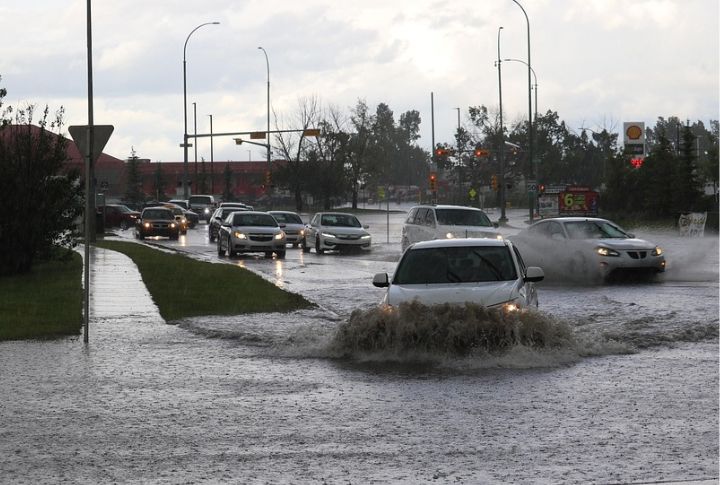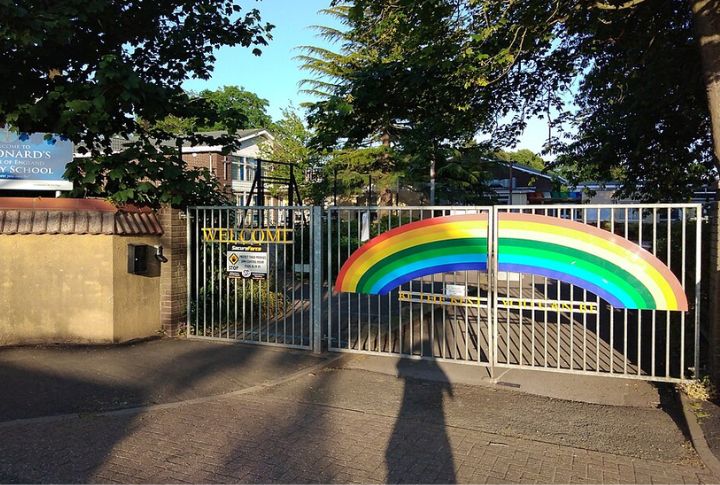
The future used to arrive with steps and structure. Today, Gen Z is learning to move through uncertainty without guarantees. They’re adapting in ways that feel unfamiliar because stability feels harder to grasp. What follows are 10 reasons that help explain why long-term planning has started to fall away.
Financial Hurdles Block The Starting Line

Moving out or getting married may sound simple enough, but financial pressure often keeps many from crossing those milestones. Without a steady income, credit remains out of reach. Student loans drag behind. On top of that, rent and insurance keep rising while entry-level wages stand still, which makes forward motion harder to imagine.
Climate Collapse Feels Unstoppable

Every time wildfires rage or floods hit new areas, the future feels a little less certain. Though leaders promise action, results rarely come fast. Gen Z, watching it unfold online and outside their windows, starts letting go of long-term plans as environmental timelines take over their own.
Traditional Life Goals No Longer Apply

The rulebook for adulthood no longer fits. Buying homes or climbing ladders—those ideas sound nice, but feel distant. With prices high and timelines unstable, Gen Z builds lives around flexibility instead. Long-term steps now take a backseat to what can work today.
Mental Health Struggles Undermine Planning

Some days, even getting through the present feels like a stretch, so tomorrow gets put on hold. Anxiety and burnout settle into daily life, quietly weighing everything down. And when therapy is costly or unavailable, plans shrink. It’s tough to dream big when your energy runs low most days.
Crisis Has Always Been The Norm

Gen Z never had a calm before the storm. From 9/11 to recessions, from lockdown drills to a pandemic, disruption shaped their earliest memories. Over time, future planning gave way to present-tense survival. You can’t plan years when daily life keeps shifting beneath you.
Stable Careers Are Harder To Find

It used to feel like hard work meant a clear path upward. Now, everything’s less certain. Corporate ladders are barely visible, and careers shift faster than degrees can keep pace. Gen Z stacks up gig work and internships, with the hope that security shows up eventually, somehow.
Digital Overload Drains Optimism

Before breakfast is even over, eyes have already scanned dozens of headlines and TikToks. That constant rush wears people down. Fear spreads easily, while focus slips away. Even attempts to unplug don’t last, and without rest, it’s tough to keep long-term plans feeling worthwhile.
Institutions Feel Powerless Or Distant

Casting a vote should feel like it matters, but for many Gen Zers, the impact is rarely felt. Climate policies stall, and lobbyists still dominate. Instead of waiting, they turn to mutual aid or each other, places where they know someone’s listening.
The Cost Of Independence Keeps Rising

The basics—groceries, rent, phone bills—take up more than they once did, and that leaves little space for saving or breathing room. Independence sounds nice, but going it alone often means cutting corners. Over time, constant budgeting chips away at freedom, which can turn self-sufficiency into a quiet strain.
Living For Now Feels More Real

Chasing a perfect future sounds good, yet life keeps changing the rules. Gen Z adjusts its focus toward what feels like steady rest and small joys. The present may feel unpredictable, but it’s real. And often, that’s exactly where meaning becomes easier to recognize and hold onto.

